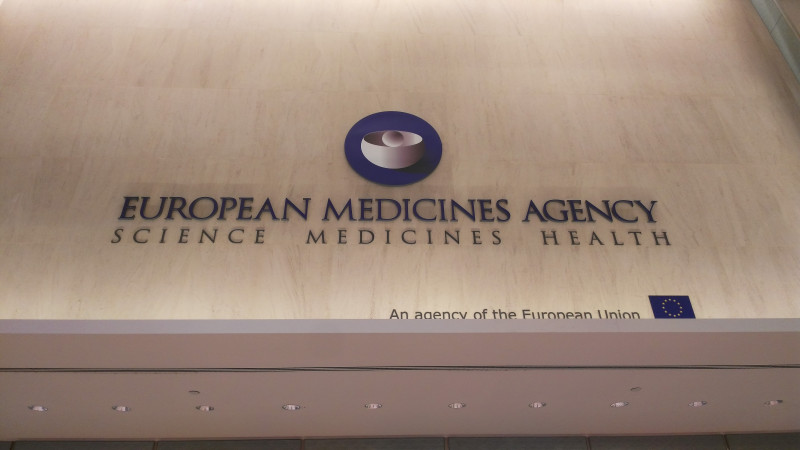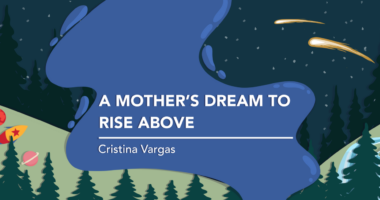EMA Names Potential Gene Therapy for CLN5 Batten an Orphan Drug

Alessandro Zappalorto/Shutterstock
The European Medicines Agency (EMA) designated Neurogene’s gene therapy candidate for CLN5, a form of late-infantile Batten disease, an orphan drug as a potential treatment of the disorder.
“This regulatory designation is an important milestone toward addressing the urgent, unmet need of families and patients living with CLN5, and follows the orphan drug designation previously granted in 2020 by the U.S. Food and Drug Administration (FDA) for this same gene therapy candidate,” Rachel McMinn, PhD, Neurogene’s founder and CEO, said in a press release.
The investigational gene therapy uses a harmless adeno-associated virus (AAV) to deliver a functional copy of the CLN5 gene to a patient’s cells. AAVs are common transport vehicles for gene therapies, as they can enter cells easily, including cells of the brain and spinal cord, making them particularly useful for neurological disorders such as Batten disease.
Symptoms of CLN5 and other types of late infantile Batten disease include seizures, progressive loss of motor and intellectual abilities, loss of vision, and premature death.
“With no available treatment options, the outcome is devastating for children and their families,” said Angela Schulz, MD, PhD, of the University Medical Center Hamburg-Eppendorf in Germany.
Although CLN5’s exact function remains unclear, mutations in the gene cause waste molecules called lipofuscins to build to toxic levels inside cells, eventually killing them. Nerve cells appear particularly sensitive to damage from lipofuscins.
Preclinical studies have found evidence that CLN5 plays a role in fat metabolism and in the maintenance of myelin, the fat-rich substance that insulates nerve fibers. It may also affect protein transport and embryonic development.
Neurogene is investigating therapies for both CLN5 and CLN7, another late infantile form of Batten disease. The company is currently conducting a natural history study (NCT03822650) of those disorders in collaboration with UT Southwestern Medical Center.
As opposed to testing the safety and efficacy of a given medical intervention, natural history studies are observational in nature, meant to help researchers better understand the course of a disease — in this case, CLN5 and CLN7 — so they can determine the most relevant outcomes to measure in future clinical trials.
The orphan drug designation means that Neurogene’s gene therapy may qualify for development incentives such as trial protocol assistance, reduced regulatory fees, and 10 years of market exclusivity should the therapy be given regulatory approval.
“Neurogene is collaborating with Batten disease experts, regulatory authorities, and caregivers to provide a safe and effective gene therapy for this disease as quickly as possible,” McMinn stated.





